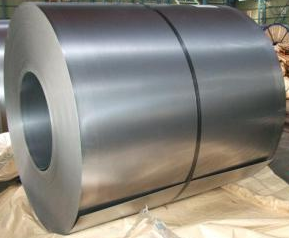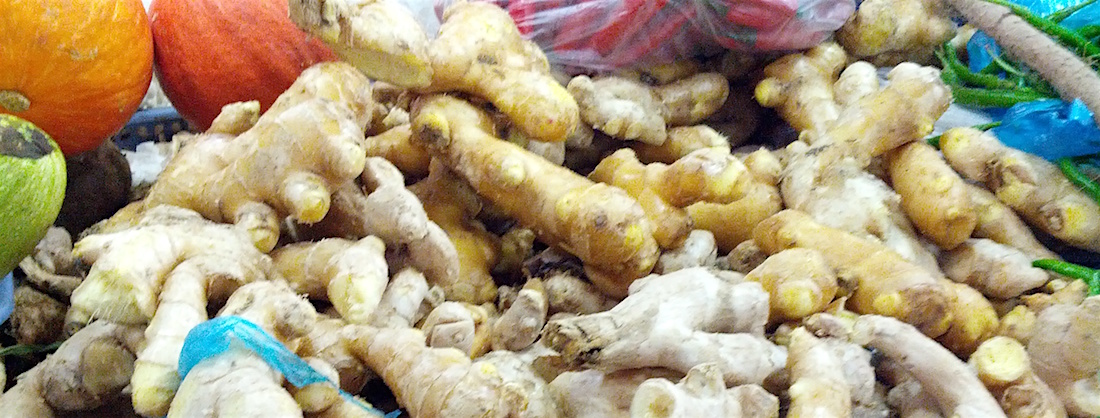The import of frames for prescription glasses is regulated in Spain by the Spanish Agency of Medicines and Medical Devices (AEMPS), as they are considered medical devices and, therefore, must meet specific safety requirements as well as certification of compliance with the standards set out in Directive 93/42/EEC.The Royal Decree 1591/2009, following the community directive, […]
The Bill of Lading (BL) is the most important document in maritime imports. The success of the commercial operation largely depends on its correct completion. The complexity of the documentation required for international maritime trade operations makes it advisable to delegate these procedures to a management company, especially for importers with little experience.The maritime transport […]
Air transport in international trade is the fastest and safest method, but importing goods by air is not always the best option. Its advantages (immediacy, security, simpler logistics and procedures) are counteracted by higher costs and lower cargo capacity, so it is necessary to weigh all factors before making a decision. Advantages of Importing Goods […]
The phytosanitary certificate for the importation of plant products is a necessary document to certify that goods originating from third countries are free from pests. The introduction of plants and plant products into the Member States of the European Union is regulated by Directive 2000/29/EC, which is reflected in the Royal Decree 58/2005 through a […]
The EORI number (short for Economic Operator Registration and Identification Number) is a code familiar to experienced importers and exporters, as it is essential for international trade operations with third countries. If your company is starting in importing goods, you should know what it is, what it is used for, and how to obtain the […]
The CE marking of medical products has been essential for importing and marketing this type of merchandise since 1998, the year the EU Directive 93/42/EEC came into force. In Spanish legislation, the directive regulating the CE marking of medical products is included in Royal Decree 414/1996, which defines what is understood by medical product and […]
The imminent expiration of the antidumping measures affecting Chinese imports of products such as aluminum sheets in rolls and non-stainless steel sheets has raised concerns among European producers. The European Commission has responded by opening an investigation to determine whether the normal value of production and sales costs of a representative country is indeed affected […]
The Chinese government recently announced its intention to implement its traceability system in the next two years to ensure the quality of its goods. The tracking system will be applied to the main products imported by third countries. Quality control will cover various sectors such as agriculture, food, medicines, and hazardous goods. The goal of […]
The European Union has amended the tariff regulation affecting imported aluminum sheets from China. Now, retroactively since February, in order for the importing country to impose high tariffs, it will have to demonstrate a distortion between the selling price and the production cost. The change in the protection measure for European producers is due to […]
The warranty for a product is two years if the purchase is made by an individual and six months if made by a company, as established by Spanish legislation. The seller is initially responsible for processing it, but can in turn claim it from the importer or manufacturer. Problems arise when the seller does not […]





